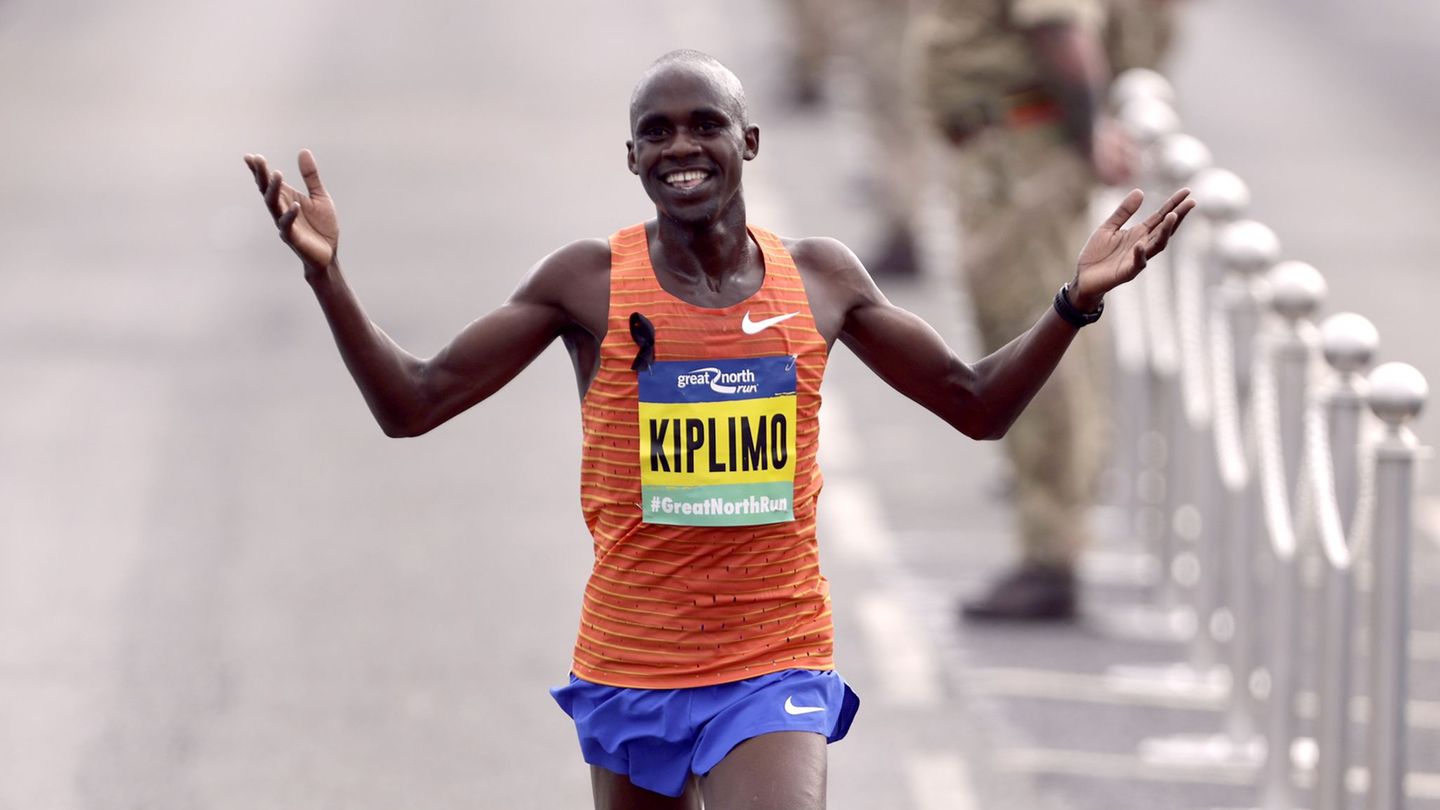Japanese researchers are testing a Pioneering drug that can grow new teeth for those who have lost theman alternative to false dentures and implants. Unlike some animals, such as reptiles or fish, humans only have two sets of teeth for their entire life.
But hidden under the gums are the sleeping roots for a third generation, he assures Katsu Takahasihead of oral surgery at Osaka Kitano Hospital Medical Research Institutein the center of Japan.
His team began medical trials in October Kyoto University Hospitaladministering to adults this drug that, according to them, has the ability to boost the growth of these hidden teeth. It is a “completely new” technology in the world, Takahashi told AFP.
The key: activate the third set of teeth
Prosthetic treatments used for tooth loss due to cavities, diseases or injuries They are often expensive and invasive. “Restoring natural teeth clearly has its advantages,” says Takahashi, who leads the research project.
Tests in mice and ferrets suggest that block a protein called USAG-1 can activate the third game. In a study published last year, the team said that “antibody treatment is effective for tooth regeneration and may be a breakthrough in treating dental anomalies in humans.”
dental prosthesis
It would be an alternative to false dentures and implants.
Unsplash
For the moment, specialists will consider the needs of patients who, due to a hereditary disease, lack six or more jaw teeth. This disease affects 0.1% of the population, who suffer serious problems when chewing.
In Japan, they often spend their teenage years wearing a face mask to hide the gaps in their mouth, says Takahashi. “This drug could be a revolution for them,” he adds. Their intention is to first target the drug to children, so that it will be available in 2030.
The dentistry professor at Queen Mary University of London, Angray Kangstates that “Takahashi’s group is paving the way” and assures that their work is “exciting and worth continuing.”
Control of growth and expectations for the future
Takahashi argues that heThe location of the new tooth in the mouth can be controlled, even preciselydepending on where the drug is injected. And if it grows in the wrong place, it can be moved through orthodontics or transplant, he adds.
For now, the first phase of clinical trials does not include young patients suffering from this congenital disease because the main objective of the test is the safety of the drugnot so much its effectiveness.
Although it is not the priority for now, scientists affirm that there are possibilities that some patients will already begin to regenerate teeth, which would demonstrate the effectiveness of the treatment and would represent a medical triumph.
Data from the Ministry of Health shows that more than 90% of Japanese citizens aged 75 and older are missing at least one tooth. “We are very confident that our technology can extend their healthy lifespan,” says Takahashi.
Source: Ambito
David William is a talented author who has made a name for himself in the world of writing. He is a professional author who writes on a wide range of topics, from general interest to opinion news. David is currently working as a writer at 24 hours worlds where he brings his unique perspective and in-depth research to his articles, making them both informative and engaging.




